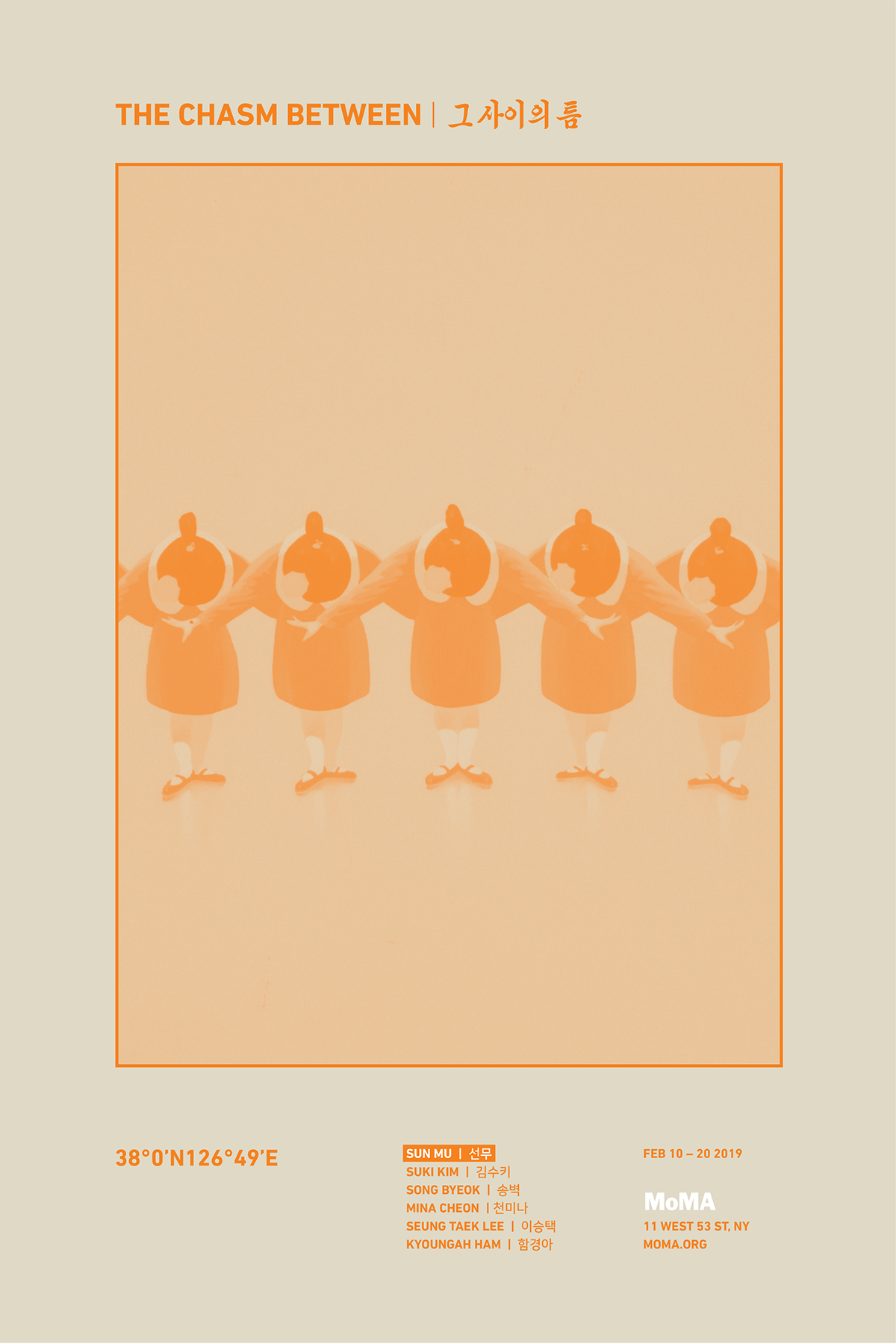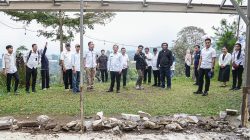The Power of Youth in Shaping the Future
In many cultures, certain actions are considered taboo, and one such example is yawning without covering the mouth. It is believed that this act could invite misfortune or even allow evil forces to enter. This belief reflects a deep-seated fear of the unknown and the power of unseen forces. Today, as we witness global unrest and societal challenges, it seems as though the very ground beneath us is experiencing a similar kind of “yawn”—a gap that has been exploited by forces that seek to cause chaos and destruction.
From the recent protests in Nigerian cities to the widespread demonstrations across Europe, the Middle East, and Africa, young people are demanding their voices be heard. Movements like #EndSARS have the potential to spark significant change, but they also carry the risk of escalating into more destructive outcomes. If not managed carefully, such movements could lead to instability similar to what has been seen in countries like Libya or Syria. The consequences for West Africa and beyond would be catastrophic, potentially surpassing the impact of a large-scale nuclear event.
Over the years, there has been a quiet transformation in how youth are perceived and treated. The outdated notion that young people should be seen but not heard is gradually being replaced with a more inclusive approach. Today, various programs supported by public and private entities, individuals, and international organizations recognize young people as valuable assets rather than problems to be solved. More young people are taking on leadership roles in their communities, and women are increasingly involved in shaping the future.
Volunteering among youth has reached unprecedented levels, with more young people engaging in activities that contribute to the betterment of society. However, despite these positive developments, the slow pace of reform is becoming more apparent. Issues such as poverty and terrorism highlight the urgency of addressing the challenges faced by young people.
It is essential for Nigeria and the world to recognize the threats posed by groups like ISWAP, Boko Haram, Ansaru, and others. These organizations understand the power of young people as effective warriors. If we do not act quickly, the current situation could become even more dire.
To prevent further devastation, a new normal must be established that effectively harnesses the energy and potential of young Nigerians. Children and youth aged 5-25 can play a crucial role in making their communities and the country healthier, smarter, safer, cleaner, greener, fairer, and kinder. A youth strategy is not just important—it is essential. Despite the passage of time, many still fail to grasp the significance of investing in young people.
Nigeria and the world are home to more young people than ever before. Half of the global population is under 25, and 40% is under 19. This demographic shift presents both challenges and opportunities. The older generations are outnumbered, which can be a cause for concern but also a source of hope. Young people have always been at the forefront of social progress, and their potential can be harnessed for good.
Biologically, young people possess three critical assets that drive social improvement: novelty, risk, and peer authority. Many successful American companies were founded by teenagers, showcasing the innovative spirit of youth. While the system in the U.S. supports this innovation, Nigeria needs to create similar opportunities. Scientific research confirms the unique ability of young people to see new possibilities and take risks to bring them to the rest of society.
Peer influence plays a significant role in shaping young people’s perspectives and actions. They are more likely to listen to each other than to adults, which means they can mobilize entire generations. This biological advantage should be leveraged to drive positive change.
The importance of early development cannot be overstated. Just as parents know the value of starting early in areas like reading, sports, or the arts, the same principle applies to youth engagement. Childhood experiences shape lifelong habits and values. There is a strong connection between youth service and lifelong service, as well as philanthropy.
Today’s global challenges are complex and interconnected, driven by political, social, and economic forces. Climate change, water scarcity, and environmental degradation are pressing issues that require urgent attention. The shrinking of Lake Chad, for instance, has contributed to the persistence of the Boko Haram crisis. Similarly, desertification in northern Nigeria has fueled the rise of banditry in the northwest and central regions.
It is imperative that young people are involved in addressing these challenges from an early age. Their input and participation are crucial in finding solutions to the most pressing issues facing the world. Time is not on our side, and we cannot afford to delay action any longer.
Before it is too late, we must take a stand against the forces that seek to exploit the vulnerabilities of young people. A new normal must be envisioned where young Nigerians lead the way in transforming the country and the world. Working with partners inside and outside Nigeria, we must empower young people to find their voice, take action, and make a meaningful impact on community issues.
Young people have always been at the center of social change, and ignoring their potential to reshape the world comes at great risk. If the civilised, law-abiding society does not engage them, others certainly will. It is time to invest in the future and ensure that young people are given the tools and opportunities they need to thrive.







